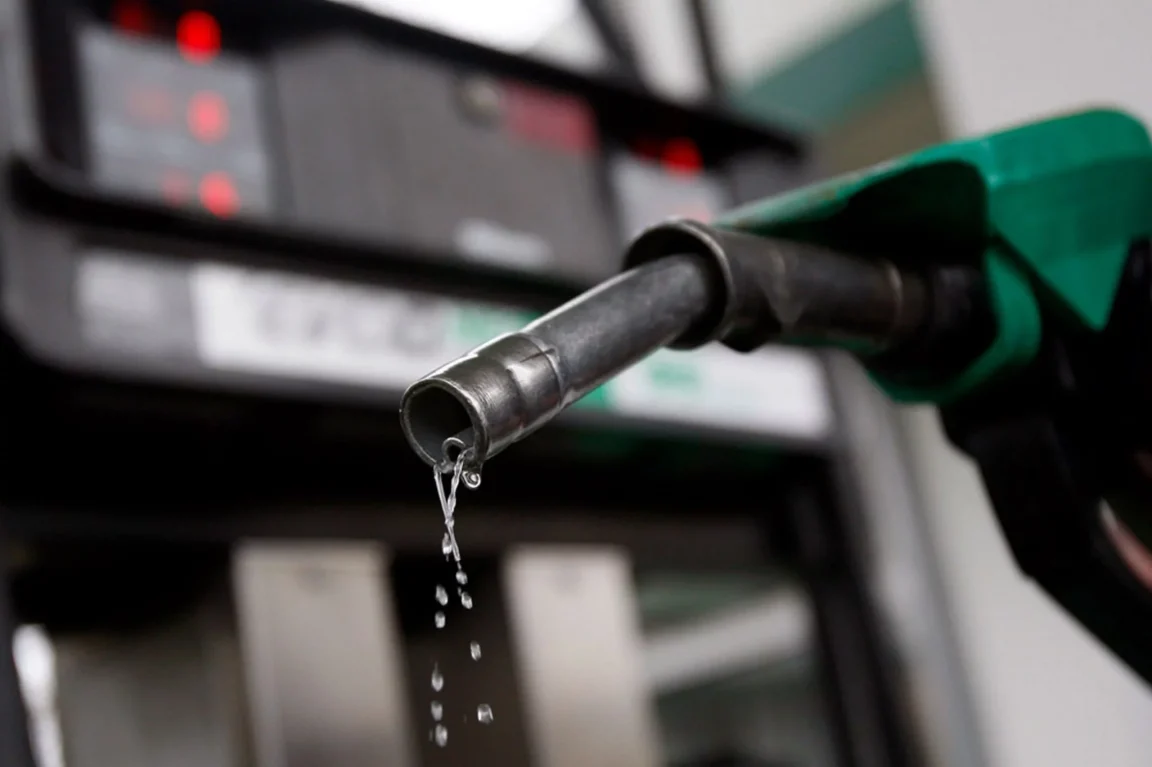Nigerians are bracing for tougher times in the wake of the recent counsel from the World Bank, urging the Federal Government to reconsider increasing the pump price of Premium Motor Spirit (PMS). The World Bank, on December 13, asserted that the government might still be covering fuel subsidies, which were eliminated by President Bola Tinubu on May 29, 2023.
According to the World Bank, the existing fuel price in Nigeria is not reflective of costs and needs to be adjusted upward. The bank’s Lead Economist for Nigeria, Alex Sienaert, made this revelation during the presentation of the Nigeria Development Update in Abuja, titled ‘Turning The Corner’ (from reforms and renewed hope to results).
Sienaert suggested that, based on the official exchange rate, the price of petrol should be around N750 per litre, exceeding the current N650 paid by Nigerians. This recommendation comes amidst the significant challenges faced by the country since the removal of fuel subsidies in May.
Following the removal of subsidies, the pump price of PMS surged from N195 to as high as N577 in May. Presently, Nigerians are paying N650 per litre in some cities, with prices exceeding N670 in certain areas. This has led to a spike in the cost of essential goods and services, contributing to a rise in food inflation to 32.84% in November, according to the National Bureau of Statistics.
Critics, including the Nigeria Labour Congress (NLC), the Peoples Democratic Party (PDP), and other stakeholders, have vehemently opposed the World Bank’s advice. They argue that the proposed increase would further impoverish the masses and have called on the government to reject such a move.
NLC spokesman Beson Upah accused the World Bank of being indifferent to the plight of Nigerians, describing it as a predatory institution that undermines the interests of the Global South. He emphasized that the current fuel price has already caused significant damage to the country.
Similarly, the National Publicity Secretary of the PDP, Hon. Debo Ologunagba, blamed the International Monetary Fund (IMF) and the World Bank for Nigeria’s economic challenges. He criticized the lack of palpable benefits from the removal of fuel subsidies and deemed any call for a price increase as thoughtless and unacceptable.
Dr. Yunusa Salisu Tanko, Chief Spokesperson for the Labour Party Presidential Campaign Council, characterized the World Bank’s move as an attempt to continue colonizing African countries. He urged the government to focus on creative leadership, advocating for the construction of refineries in each geopolitical zone to bring down fuel prices and reduce commodity costs.
Despite the opposition, a chieftain of the ruling All Progressives Congress (APC), Mr. Mathew Adah, reassured the public, stating that President Tinubu is an intelligent leader who understands the complexities of the economy inherited from previous administrations. He urged Nigerians to be patient, expressing confidence that the situation would improve over time.





Comments
Loading…